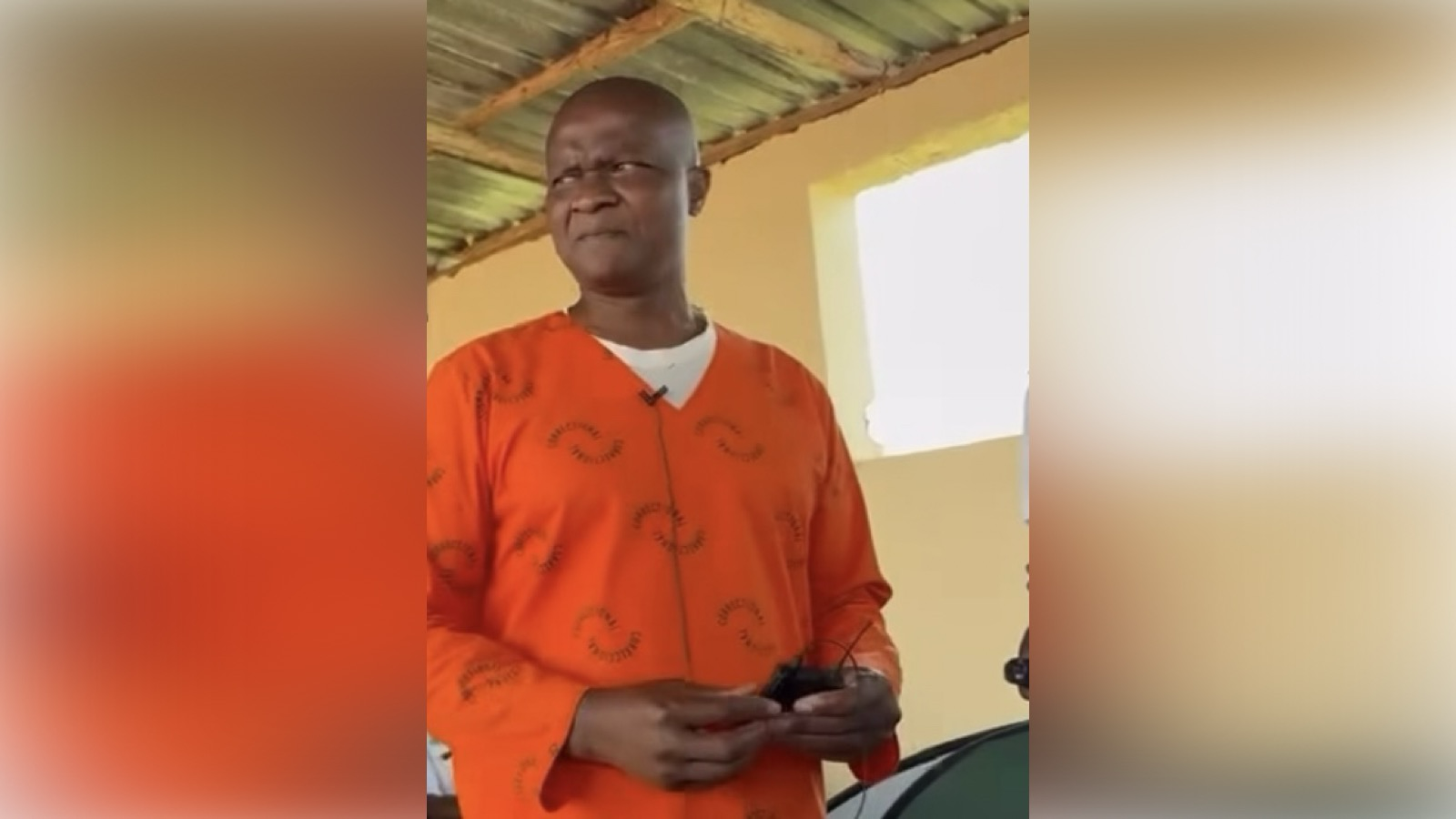
FORMER HIGH COURT JUDGE WRITES FOR THE BRIDGE
Boycey Gama was convicted of murder by the High Court and sentenced to death in 1993. His conviction and sentence were confirmed by the then Court of Appeal in April 1995. It is important to note that 1983 was the last time anyone was hanged in Swaziland. Most people sentenced to death thereafter had their sentences commuted to life imprisonment.
However, under the Prisons Act, 1964, life imprisonment did not mean imprisonment for one’s entire life. It meant 20 years. In 2001, His Majesty King Mswati III commuted Gama’s death sentence to life imprisonment but added the condition that Gama would only be released from prison at the age of 75. In 2015, Gama represented by the late lawyer Leo Gama challenged this condition as unlawful.
He contended that he had already served 20 years in prison and ought to be released, since the 20-year period had expired in 2013, even though he was not yet 75 years of age. The late Mr. Gama’s advocacy in that case was widely praised by both lawyers and non-lawyers present in court. A full bench of the High Court unanimously agreed with Boycey Gama.
It found that the condition imposed by the King had no basis in law and ordered his release. The government, through the Attorney General, appealed to the Supreme Court just one day after the High Court judgment. The effect of the government’s appeal was the suspension of the High Court’s decision pending the outcome of the appeal.
As a result, Boycey Gama remained in jail. Appeals have strict timelines within which procedural steps must be taken before the hearing. If a party is late in taking any procedural step, that party must apply to the Supreme Court for “forgiveness”. In legal terms, this is called condonation. In Gama’s case, the government was required to file a document known as the record of appeal within two months of noting the appeal.
The government’s delay in filing this record was four years. The government applied for condonation. An appeal court grants condonation only where it is in the interests of justice to do so. In determining the interests of justice, the court considers factors such as the degree of lateness, the reasons for the delay, the prospects of success on appeal, and the potential prejudice to both parties.
The condonation application was heard by Acting Judge of Appeal Currie. The reason given by the government for the delay was that the record had been misplaced in 2017 when the Office of the Attorney General was changing premises. The court found this explanation woefully inadequate. In other cases where similar explanations had been offered, condonation applications were refused. In Gama’s case, however, the condonation application shockingly succeeded.
Currie AJA relied on a decision of the South African Constitutional Court in a case known as Glenister, for the proposition that once constitutional issues are raised, it is in the interests of justice to grant condonation. However, that is not the principle laid down in Glenister. The Constitutional Court spoke of constitutional issues of considerable importance not merely any constitutional issue.
The reliance on Glenister was both opportunistic and misplaced. The delay in Glenister was only 62 days, whereas in Gama’s case it was at least 23 times longer. Moreover, Glenister did not involve the liberty of an individual, whereas Gama’s case did. At the time the matter came before Currie AJA, Gama had been imprisoned for 29 years, nine years longer than the applicable law at the time permitted.
Furthermore, Glenister concerned the constitutional obligations imposed on the Parliament of South Africa by the 1996 Constitution. In contrast, the government in Gama’s case was not relying on any provision of Eswatini’s 2005 Constitution, but rather on ordinary statutes. Ultimately, the Supreme Court upheld the government’s appeal. Gama remained in prison for an additional three years until a “merciful” King Mswati III eventually pardoned him.
